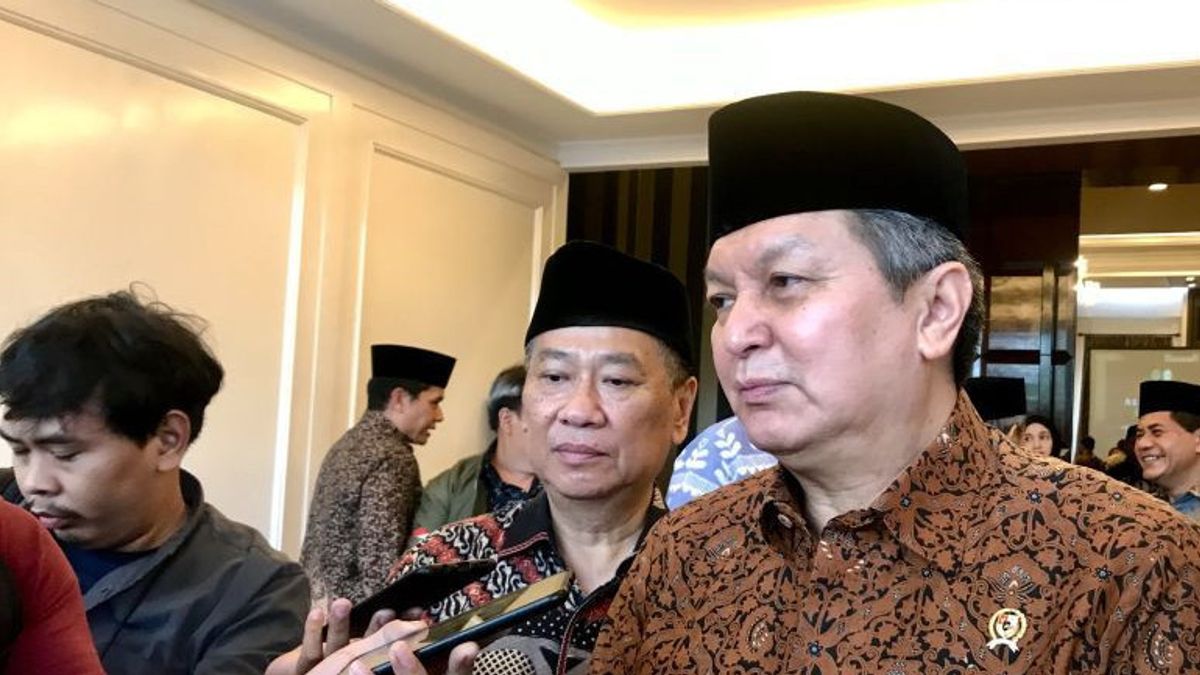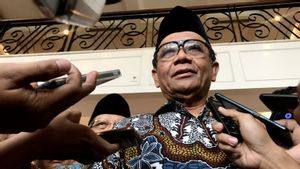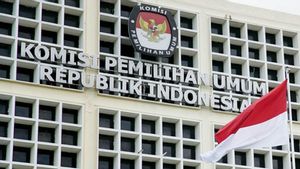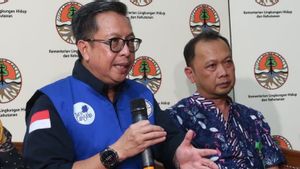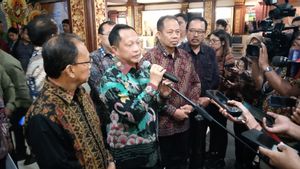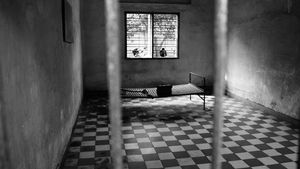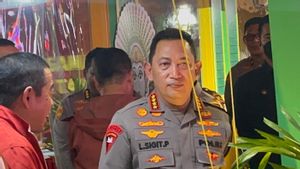JAKARTA - The National Counterterrorism Agency (BNPT) is still preparing a deradicalization program for foreign terrorist fighters (FTF/foreign terrorist fighters) who hold Indonesian passports before they are repatriated by the government to the country.
Apart from this preparation, the Head of BNPT, Komjen Rycko Amelza Dahniel, emphasized that the repatriation policy still only applies to Indonesian citizens (WNI) aged 10 years and under.
"We have not issued a policy (repatriation for other Indonesian citizens, ed.), because we really need to prepare a mature program for deradicalization, starting from where, who did that, what program, national program, religious program, health program, not physical (in addition to mental health)," said Komjen Rycko Amelza, who is currently also serving as Chairman of the FTF Task Force (Satgas) reported by ANTARA, Friday, September 8.
Rycko explained that it was not easy to change the mindset of foreign fighters affiliated with the terrorist group network, because they came there on their own accord.
"They come there on their own accord, then join a terrorist group and a daily life like that, then it's not easy to change the mindset, change their behavior in an instant. Therefore, the program must be properly matured before we send them back here," said the Head of BNPT.
He said there were 300 Indonesian citizens who were members of the terrorist foreign attack group (FTF) in Syria, then nine people in Afghanistan, and eight Indonesian citizens in the Philippines.
اقرأ أيضا:
Currently, the government is still waiting for the results of data collection from the United Nations (UN) agency for data from Indonesian citizens who are members of the terrorist group.
"This is also a mandate from the United Nations, yes UNOCT (UN Office for Counter-Terrorism) so that all countries in order to eliminate terrorist groups, their language is not terrorist groups, but citizens who are in conflict areas. They will collect data from UNICEF, then with UNHCR, once they have data, these citizens will be placed in each embassy for repatriation, such repatriation," Rycko said.
So far the data collection process is still ongoing, because according to him it is not easy to enter conflict areas and record data on those who occupy refugee camps.
"It's not easy there, getting into the conflict area," said the Head of BNPT.
The English, Chinese, Japanese, Arabic, and French versions are automatically generated by the AI. So there may still be inaccuracies in translating, please always see Indonesian as our main language. (system supported by DigitalSiber.id)
